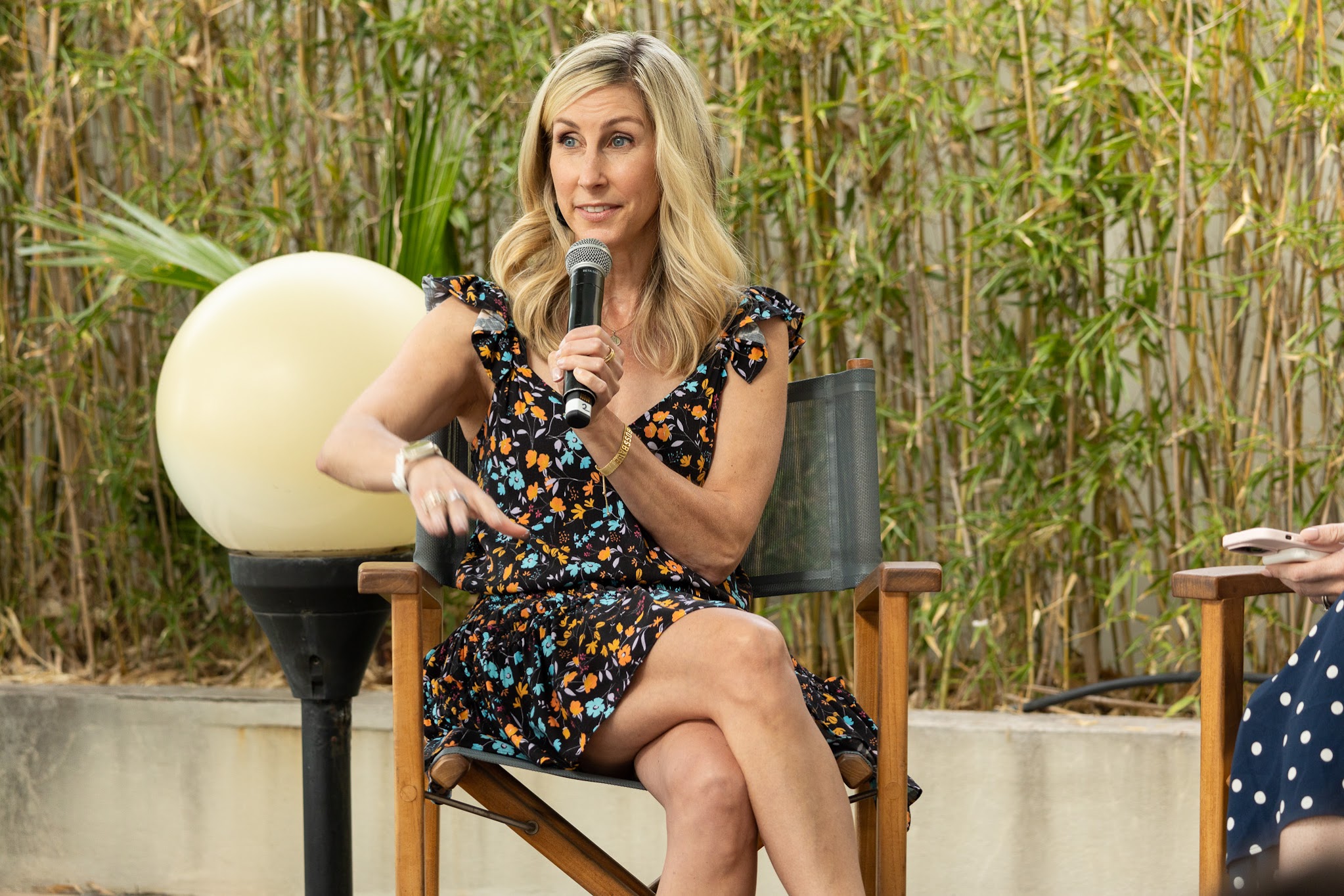A retail store in its finished form involves many decisions: what products should be sold, how the space being leased should be laid out, what employees should be hired, and more. However, retail marketing comes next after the primary decisions are made and your store is open and active. This style of marketing involves getting people interested in buying your products.
If you run a retail store, you almost have no choice but to market. Marketing gives you your best chance at sales success. Here are retail marketing ideas for beginners to ensure that your store thrives in sales and revenues.
Define What the In-Store Experience Will Be
The in-store retail experience dictates whether you can convert a lead. This refers to the colors you use, the music you play, the scents you put into the environment, and more. Entertaining the five senses can prove critical in retail marketing to closing a sale.
Run Paid Ads to Gain Instant Notice and Attention
Paid ads provide instant awareness. They can be essential for a new retail store. Paid digital ads across Google and search media that target local-only put you in front of qualified leads and high-intent shoppers searching for products or services like yours.
Optimize Your Curb Appeal to Get More Customers In-Store
Curb appeal is the look and feel of your retail store from the outside. What you have for curb appeal communicates all sorts of things to passersby.
Proper lighting and a clean, tidy presentation outside your store increase visibility. Professional, tone-appropriate signage that features your logo or color palette. An engaging window display that catches the eye with the right products and promotions. You may wish to include digital signage software or a video wall here.
Address Doubts About Your Store and Products
A fundamental element of retail marketing is overcoming doubts about your products or store. If customers are not familiar with you or your products, retail marketing can be used to build trust. This is done by referencing the quality and reliability of your products and services.
Offer Samples of New Products In-Store
Offer free samples to attract customers to your physical store and help them evaluate the quality of a product. This allows customers to try a product before buying and essentially get their questions answered about whether to buy from your store or not.
Define What Pricing Strategy You Want to Take
How you price your products sends a marketing message about how a customer should interpret a product’s value. High prices mean premium and luxury. Low prices mean affordable and sometimes cheaply made. Then there’s the middle. Find a pricing strategy that works for your target market.
Analyze the Competition for Retail Marketing Ideas
Chances are there are dozens – sometimes hundreds – of stores like yours worldwide. Investigate what others are doing for retail marketing. See what they’re doing right or wrong. Find the opportunities. Never copy; take what you like and reinterpret it with your marketing.
Host Events That Attract People to Your Location
Events can draw in people who may not have otherwise found your store. Consider product demos, discussions with a subject matter expert about your products, a party or celebration, or live music. A person in-store is more likely to buy from you than outside.
Build Customer Loyalty
Creating repeat customers and increasing customer retention rates increases profits with less marketing spending. Ask for customer feedback post-sale through an online survey. This will give your customers a voice and let them know their input is valued.
Start a loyalty rewards program that incentivizes customers to make repeat purchases in exchange for exclusive discounts, promotions, and benefits. Use email marketing to build a base of customers to whom you can market directly and send personalized email messages.
Strong Consistent Branding Across All Retail Marketing
A strong brand presentation alone can support or increase revenues by as much as a third. Ensure your retail marketing materials have a strong color palette, logo, graphics, and tagline.
Traditional Marketing And Offline Channels Still Work
Local stores can still reach their audience through offline channels. While digital marketing should take up most of your budget, traditional marketing offers a strong way to connect. Possible routes to investigate include flyers and brochures given out in-store, direct mail, newspaper ads, and radio.
Create In-Store Digital Displays That Feature Key Products
Use digital signage software to create in-store displays that feature seasonal products, best-sellers, and price cuts. In-store retail marketing can help increase revenues and make the shopping experience more comfortable and intuitive.
Invest in Local SEO to Reach the Audience Where You Are
Local SEO uses search engine optimization strategies that target your specific area. Help people in your local area find your store on Google with relevant keywords, location-based retail marketing strategies, and more.





